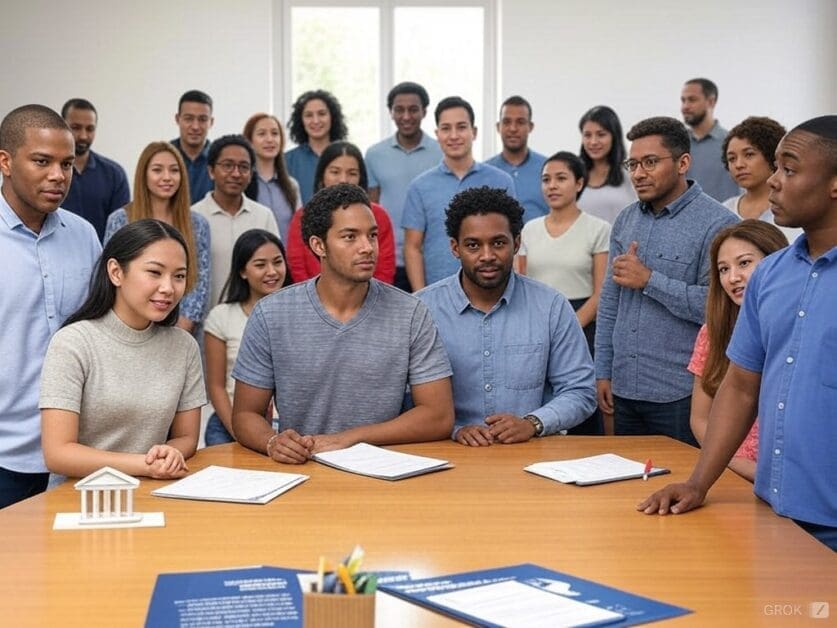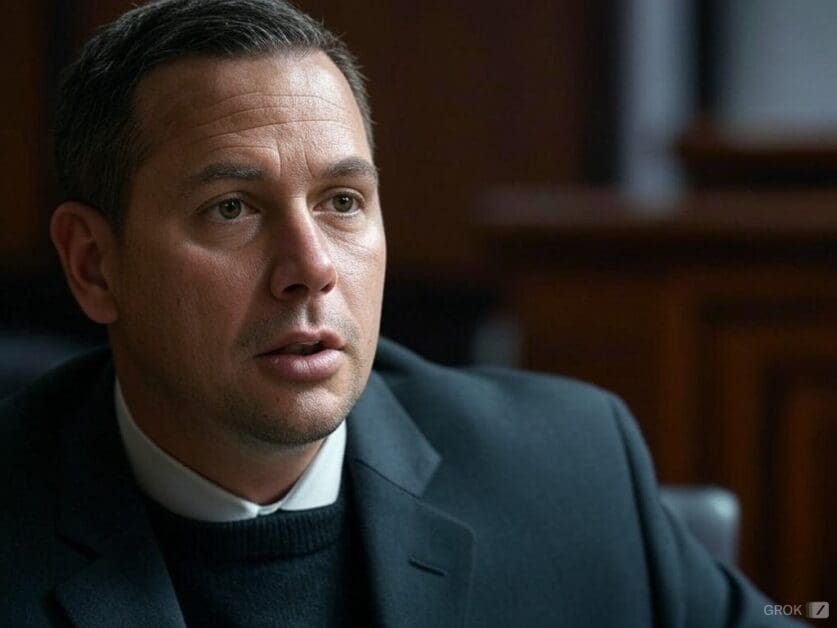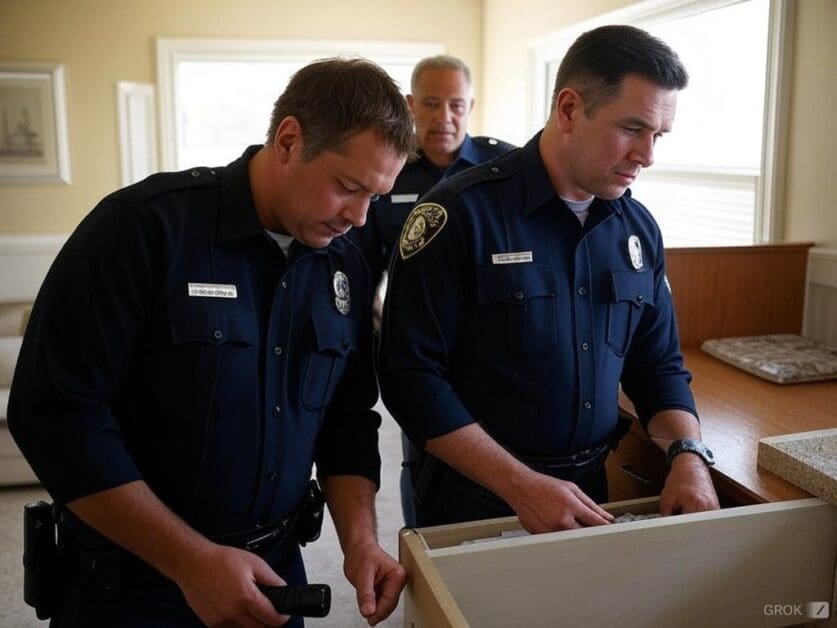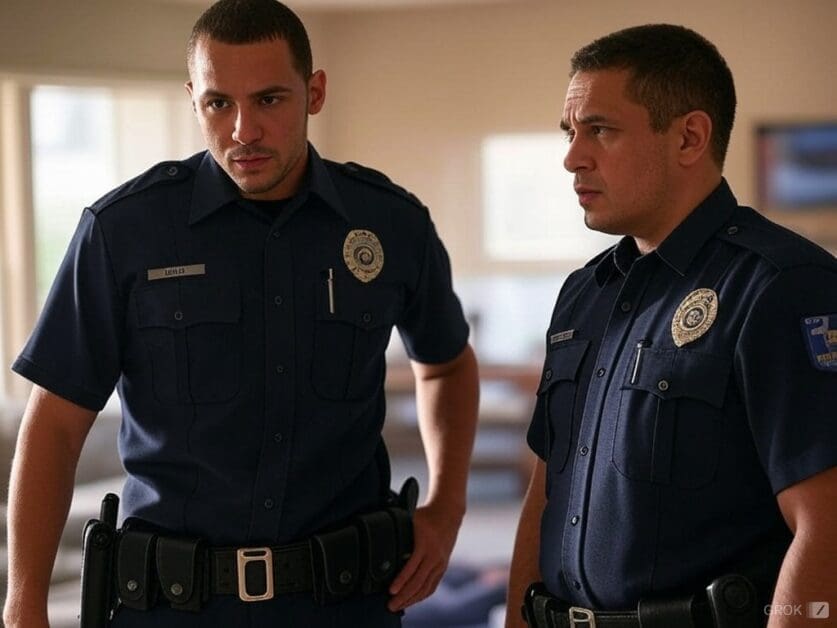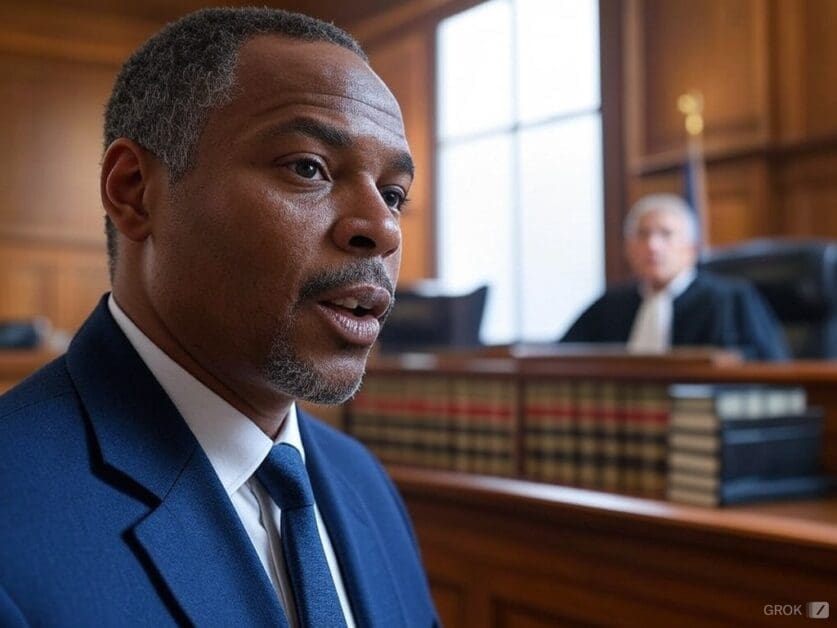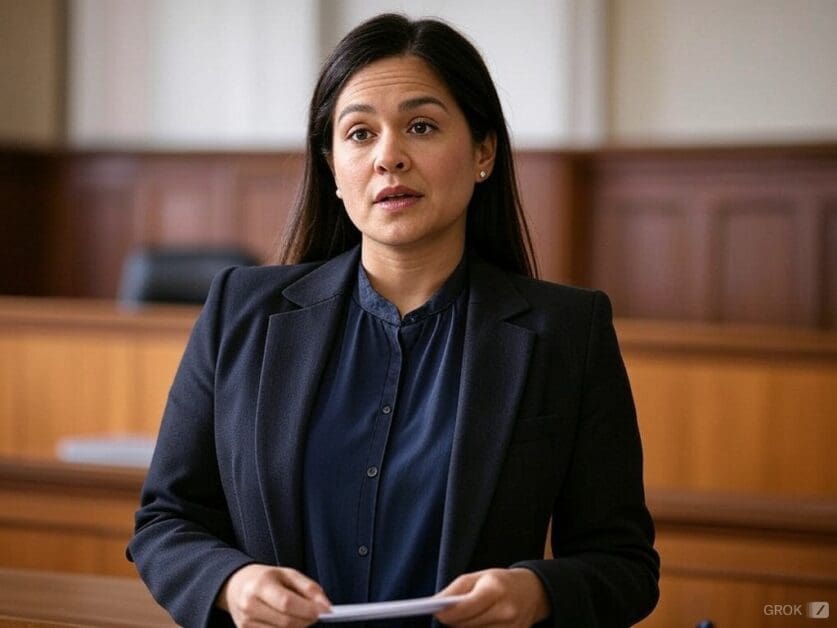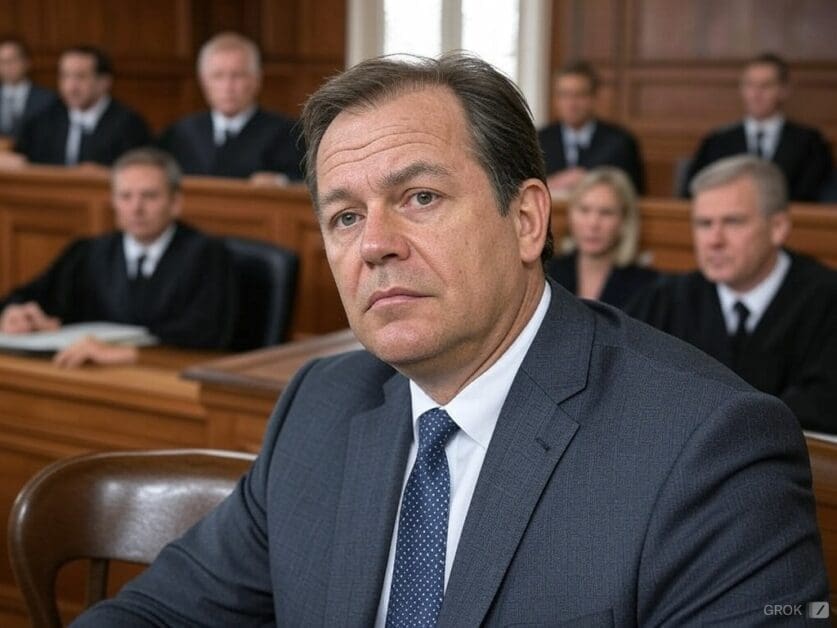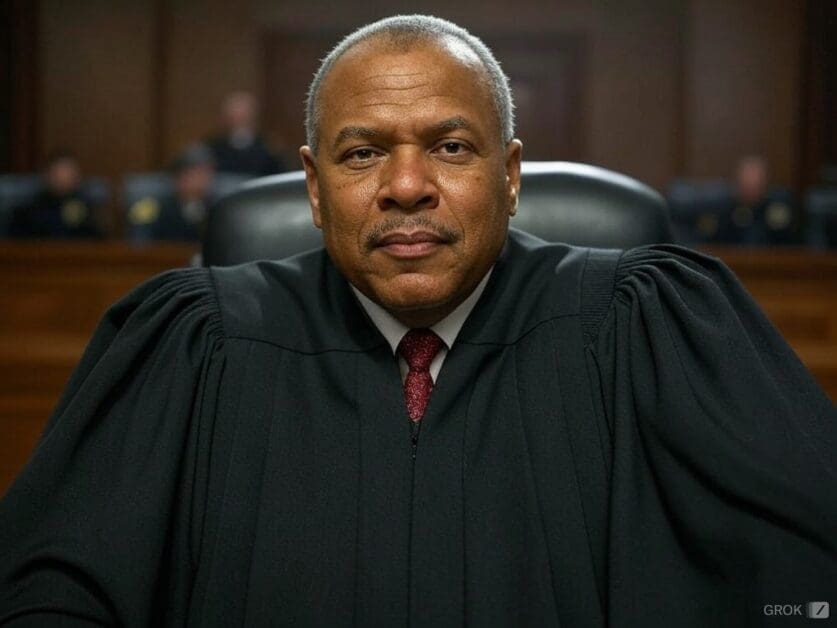How can we improve access to justice for low-income individuals?
Access to justice is a fundamental principle of the rule of law and a cornerstone of democratic societies. However, for millions of low-income individuals across the United States, this principle remains an unfulfilled promise. The justice gap – the disparity between the civil legal needs of low-income Americans and the resources available to meet those […]
How can we improve access to justice for low-income individuals? Read More »
